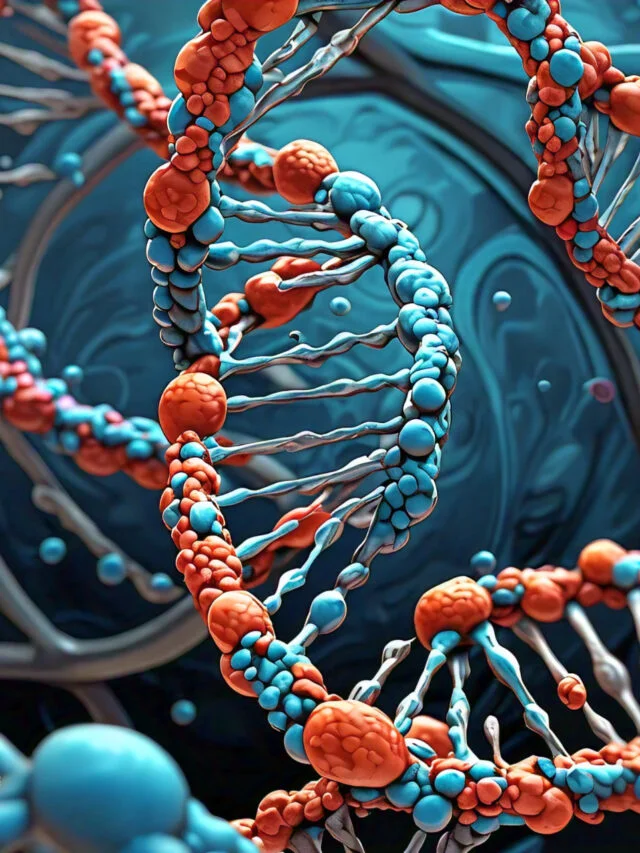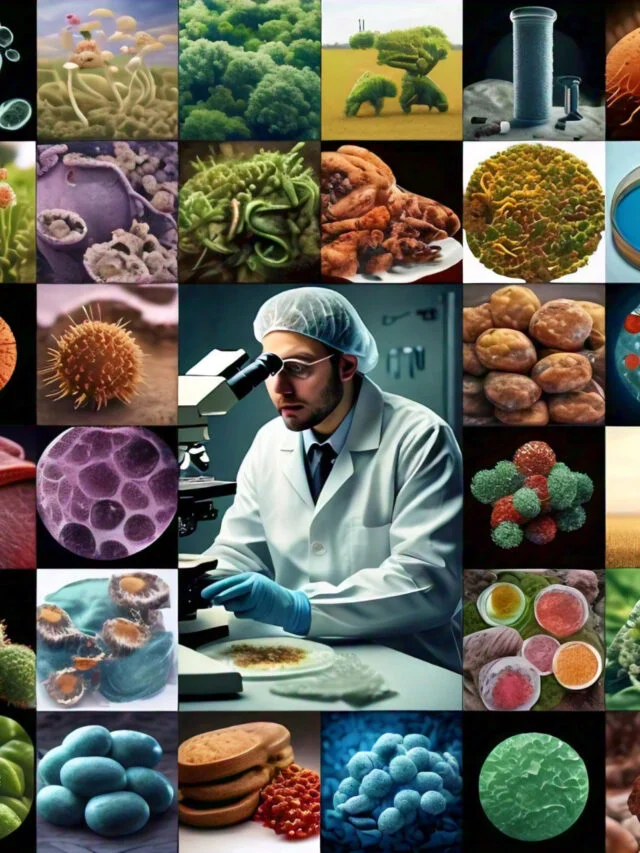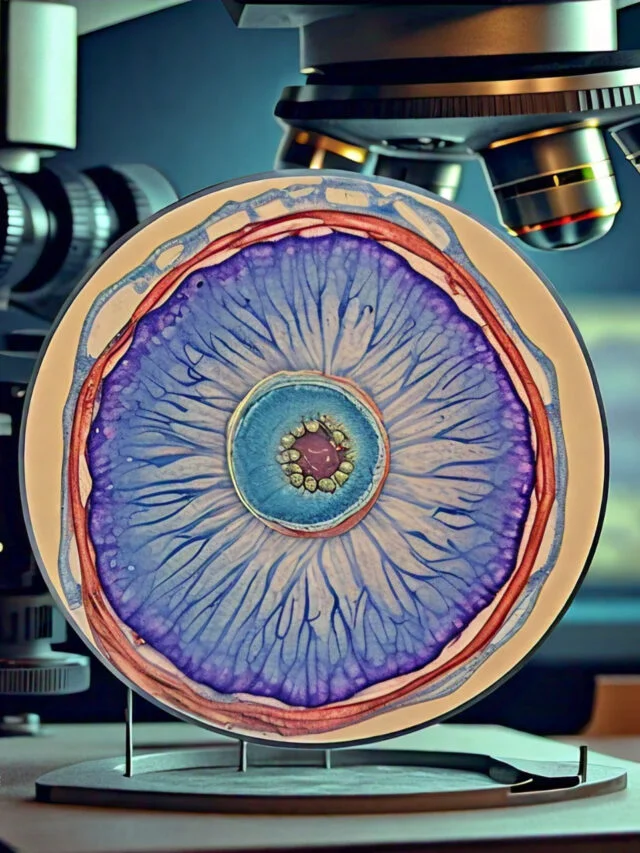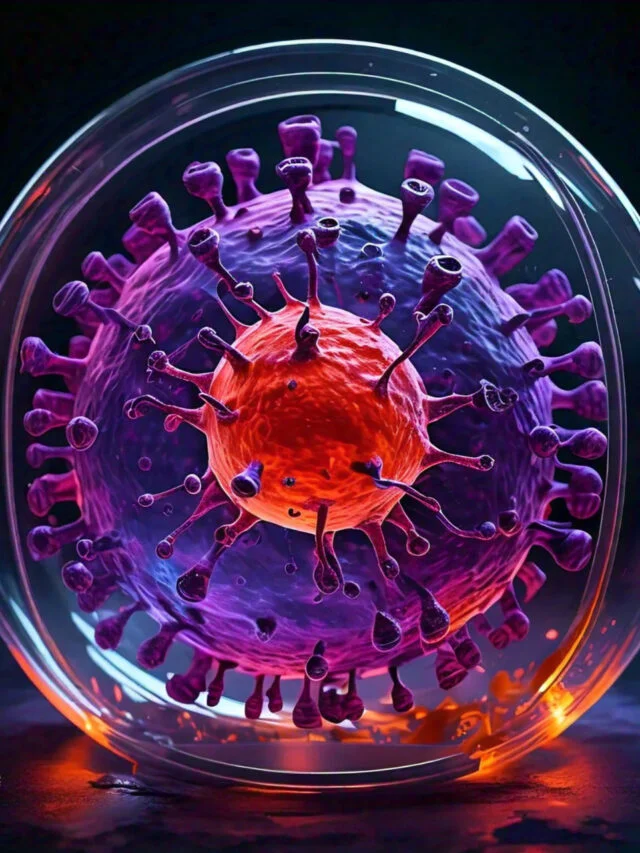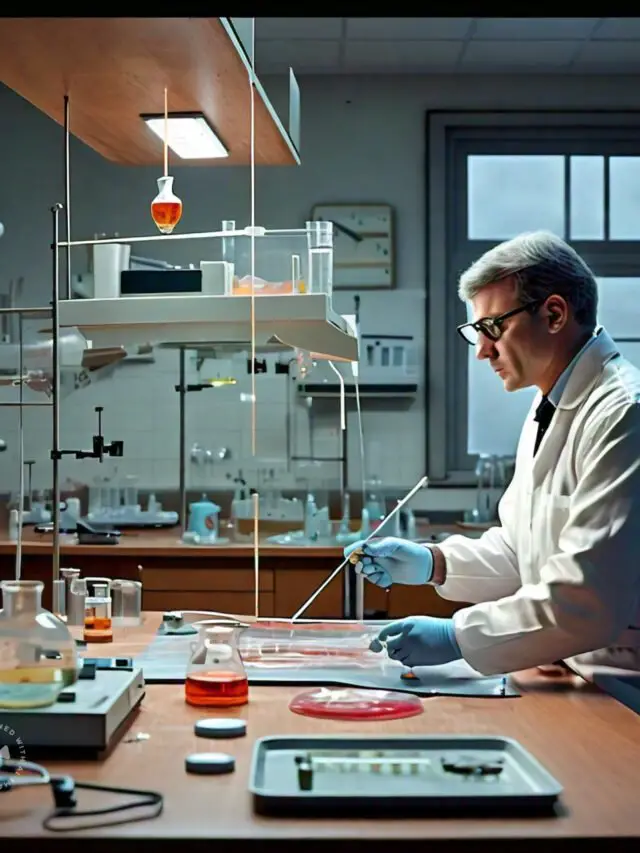Contents
Difference Between Bacteria and Virus
Bacteria
Bacteria are referred to as microscopic, single-celled organisms which exist in their millions, in every environment, both inside and outside other organisms.
In 1676, a Dutch microscopist Antonie van Leeuwenhoek first observed a bacterial cell by using a single-lens microscope of his own design.
In 1828, Christian Gottfried Ehrenberg first introduced the term “bacterium”
Virus
Virus is a microscopic, infectious particle that can reproduce or replicate within the living cell of an organism or host. Viruses can not reproduce without a host cell. They infect almost all living forms such as animals, plants, and bacteria.
In 1898, a Dutch scientist, Martinus Beijerinck discovered the world’s first virus which was the tobacco mosaic virus. He conducted an experiment to show that there is another infectious particle that is smaller than bacteria and responsible for the infection in tobacco plants.
Difference Between Bacteria and Virus
| Topic | Bacteria | Virus |
| Definition | Bacteria is a types of cell that constitute a large domain of prokaryotic cell. | Virus is a small infectious organism that replicate only within the cell of other organisms. |
| Size | Bacteria are larger than virus (0.3 – 3u) | Viruses are smaller than bacteria (0.02 – 0.3u) |
| No. of cell | Bacteria are unicellular | They don’t considered as a cell so they are neither unicellular nor multicellular. |
| Reproduction Methods | Bacteria reproduce by binary fission. | Invades the host cell and takes over the cell causing it to make copies of the viral DNA/RNA. Destroying the host cell releasing new viruses. |
| Ribosome | Present | absent |
| Nucleic acid | DNA and RNA present floating in cytoplasm | DNA or RNA enclosed in a coat of protein. |
| Cell Wall | peptidoglycan or lipopolysaccharide | No cell wall. protein coat is present instead. |
| Living/Non-living | Living organism | Between living and non-living things. |
| Infection | Localized | Systemic |
| Reproduce | Able to reproduce by itself | Need a living cell to reproduce. |
| Susceptibility to drugs | Most of them can be killed or inhibited by antobiotics. | Cannot be killed by the antibiotics Some can be inhibited by the antiviral drugs. |
| Living Conditions | Most of them can survive and reproduce outside the host. | Need host cell to reproduce and survive. |
| Enzymes | Present | Present in some. |
| Microscope | Visible under light microscope. | need electron microscope to visualize. |
| Genetic Material | A single, circular chromosome is present. | DNA/RNA strand is present. |
| Cellular Machinery | Bacteria possess a cellular machinery. | Virus lack cellular machinery. |
| Metabolism | Bacteria show metabolism within the cell. | There is no metabolism inside the viral particle. |
| Benefits | Bacteria can be either beneficial or harmful. | Viruses are usually harmful, can be useful in genetic engineering. |
| Duration of Illness | Diseases caused by bacteria last longer than 10 days. | Diseases caused by viruses last 2 to 10 days. |
| Fever | Bacteria cause fever. | Viruses may or may not cause fever. |
| Diseases/ Infections | Food poisoning, gastritis, ulcers, meningitis, pneumonia, etc. are caused by bacteria. | AIDS, common cold, influenza, chickenpox, etc. are caused by viruses. |
| Examples | Staphylococcus aureus, Vibrio cholera, etc. are examples of bacteria. | HIV, Hepatitis A virus, Rhino Virus, etc. are examples of viruses. |
Related Posts
- Difference Between Homologous Chromosomes and Sister Chromatids
- Difference between Monocarpic and Polycarpic Plants
- Differences Between Poisonous and Non-poisonous Snakes
- Differences Between Sensitivity, Specificity, False positive, False negative
- Anabolism vs Catabolism – Differences Between Anabolism and Catabolism





